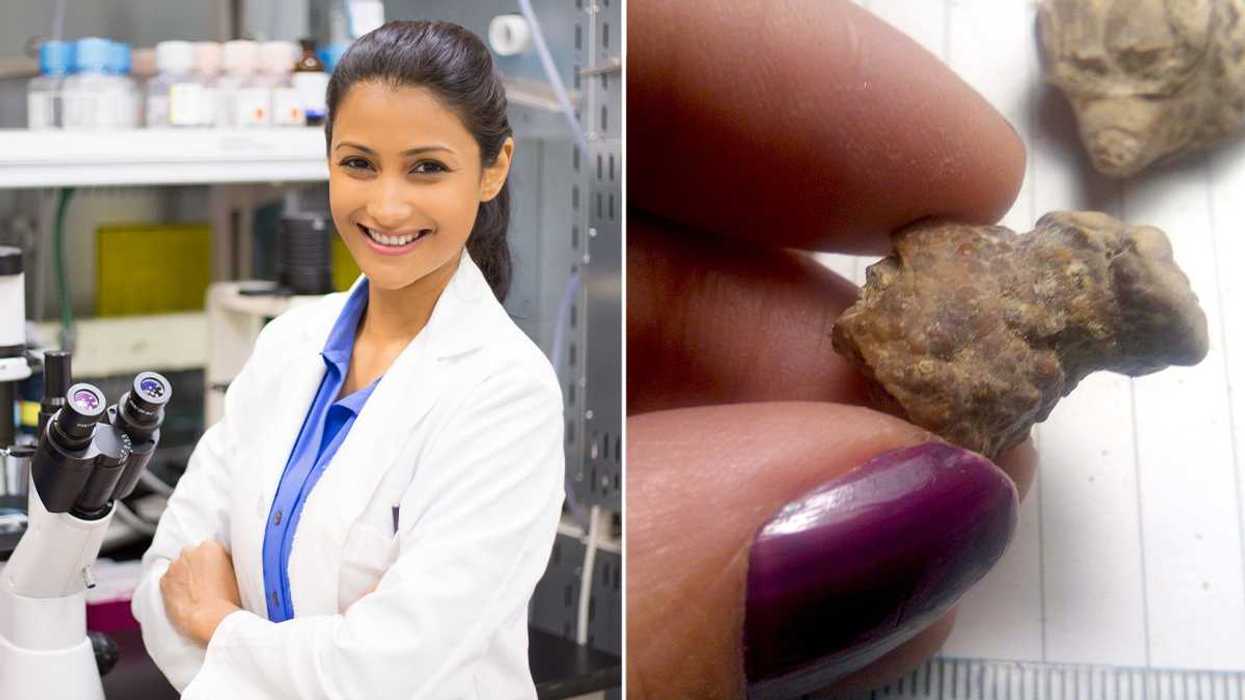This series is brought to you by GOOD, in partnership with Purina ONE®. We've teamed up to highlight inspiring organizations that are doing innovative and unexpected things to connect with their local communities and promote positive perceptions of shelter pets. Read more about how pets—and the people who love them—can brighten lives and strengthen our communities at the GOOD Pets hub.
Pet ownership is a wonderful way to find companionship, but did you know that it can also help change how people see pets in their communities? In Omaha, the Nebraska Humane Society is helping change perceptions about how important it is to keep pets in families (especially with the elderly). And in the larger community, it’s also working to remove the stigma and fear around certain types of dogs with undeserved negative perceptions.
Everyone knows that pets need to eat. But if you’re a senior citizen with limited mobility and a fixed income, pet food and supplies can be difficult to acquire.
Nebraska Humane, a private nonprofit, is helping keep pets with their families through a program called Animeals. The program provides free food for pets whose owners may face financial hardship, bringing it directly to their doors through collaboration with the Eastern Nebraska Office on Aging (ENOA).
“It’s a great way to help those folks who are in a situation where they can’t help themselves,” says Pam Wiese, Marketing and Public Relations Spokesperson at the Nebraska Humane Society. “Many seniors really rely on their pets—sometimes it’s their only constant companion—so we think it’s important that their pet stays with them.”
It started when ENOA’s Meals on Wheels volunteers began seeing plates on the floor while doing home deliveries in the Omaha area. They realized that people had been giving up their own meals to give their pets something to eat instead. Wiese says Meals on Wheels got in touch with the Nebraska Humane Society to see what they could do to help out.
Any person eligible for ENOA’s Meals on Wheels who owns a pet is eligible for Animeals. Wiese says a typical monthly Animeals delivery consists of a 30 or 40-pound bag of pet food and a bag of cat litter—it varies depending on each household’s unique situation. Additionally, Wiese says, an Animeals volunteer might do a quick check-up on the pet, looking to see if nails need clipping or a collar is fraying.
The shelter feeds the pets with food from their pet food pantry, which is filled with food donated from select brands and the community. The pet food pantry is available for any community member whose pet requires it, says Wiese, and not just those in the Animeals program.
Another program aimed at serving the community is one that hopes to slowly change perceptions of so-called “bully breeds”—a term sometimes used to characterize dogs such as Rottweilers, German Shepherds and pit bull-like terriers due to a misperception that these breeds are more aggressive than others.
In 2008, the city of Omaha passed an ordinance stating that when these types of dogs are outside of a fenced area, they need to wear a muzzle and harness at all times, and be supervised by someone 19 years old or older. The Nebraska Humane Society responded by working with the city council to make the ordinance less strict for well-behaved dogs. They came up with the Breed Ambassador Program. Through this program, a dog and owner complete special training and pass a “Canine Good Citizen” test to become certified as a Breed Ambassador. Wiese says the test includes things like greeting strangers appropriately, ignoring other dogs walking by and keeping their cool when people make sudden loud noises.
Upon passing this program, a dog can trade their muzzle for a green Breed Ambassador vest to wear in public instead of the muzzle. They also get their picture on the shelter’s wall. Currently, Wiese says, there are approximately 35 breed ambassadors.
Having a highly visible vest is a visual reminder that a dog’s size or stature does not automatically make him violent. “It helps erase the stigma, or at least mute it,” says Wiese. “A lot of the time when the media portrays pit bulls, they portray them as very nasty, angry, uncontrollable dogs, and clearly, looking at the Breed Ambassadors, that is not true—it is not necessarily a trait of these types of dogs.”
Wiese says that the shelter is lucky to have such an actively involved community.
“People appreciate the fact that we’re taking care of animals,” she says. “There are a lot of pet lovers here. I think if you’re located in an area where people really care, it’s not hard… we’re able to do great things because our community supports us so well.”
Image via Flickr (cc) user Katinalynn
















 Otis knew before they did.
Otis knew before they did.